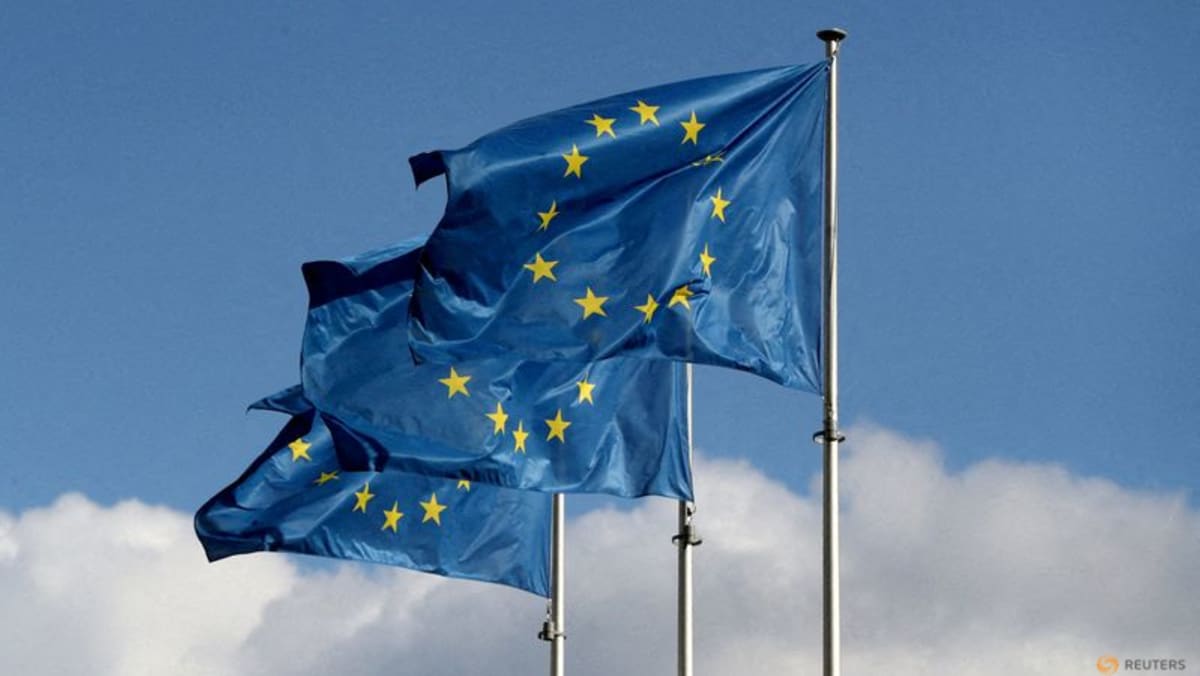BRUSSELS: Big Tech firms will face new European Union rules to clearly label political advertising on their platforms, who paid for it and how much and which elections are being targeted, ahead of important votes in the bloc next year.
The new political advertising rules, which were agreed upon by EU countries and European Parliament lawmakers late on Monday (Nov 6), will force social media groups such as Alphabet’s Google and Meta Platforms to be more transparent and accountable.
Violations of the new EU can be punished with fines up to 6 per cent of an ad provider’s annual turnover.
The rules will bar third-country entities from sponsoring political advertising in the EU in the three months before an election or referendum and include a ban on ads that profile people based on ethnicity, religion or sexual orientation.
“The new rules will make it harder for foreign actors to spread disinformation and interfere in our free and democratic processes,” lawmaker MEP Sandro Gozi, who has been leading the process in the European parliament, said in a statement.
EU countries and EU lawmakers clinched a deal after thrashing out details of the draft regulation, which was proposed last year by the European Commission.
All online political ads will be available in an online ad repository.
“We also secured a favourable environment for transnational campaigning in time for the next European parliament elections,” Gozi said.
The European parliament will hold elections in June next year, with many concerned about disinformation and foreign interference in the run-up to the polls.
The bloc-wide rules will apply 18 months after they come into force, which is expected to be in 2025.
Until then, measures regulating the non-discriminatory provision of cross-border political advertising – including for European political parties and political groups – will already be in place for the European Parliament elections in 2024.




